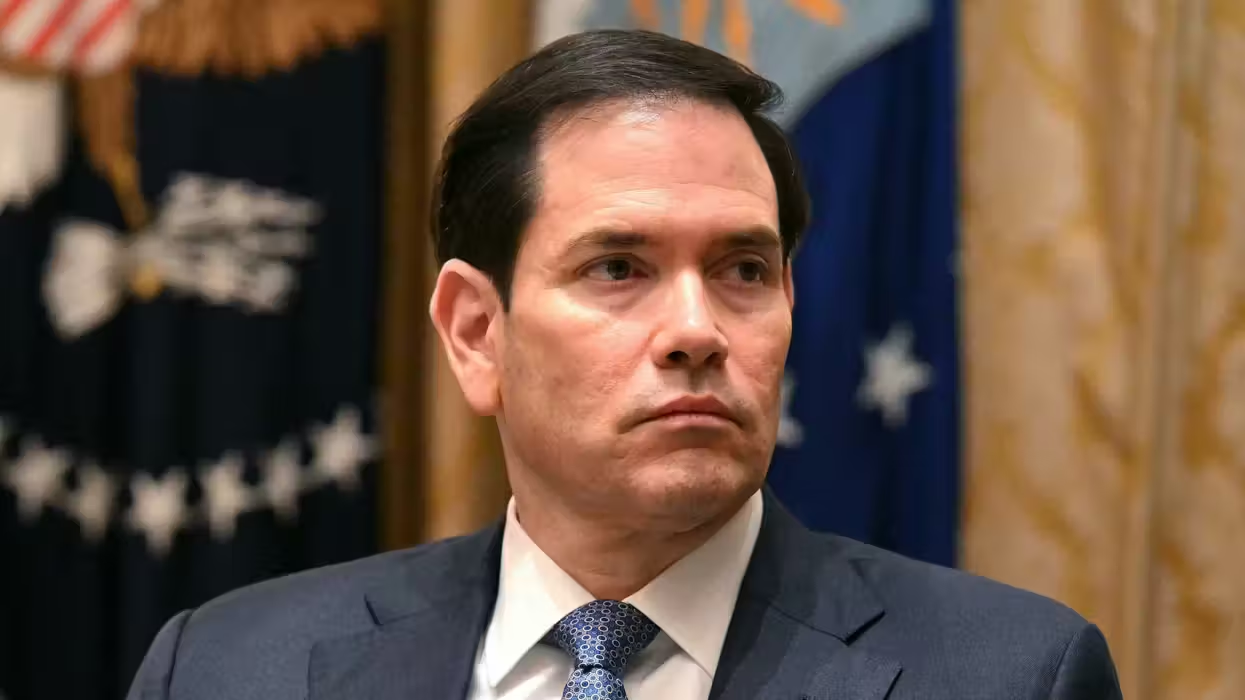Minimum wage hikes at the state level have reduced the number of jobs by as many as 200,000, according to a study by the Federal Reserve Bank of San Francisco.
The Fed study comes just less than two years after a study by the Congressional Budget Office asserted that increasing the federal minimum wage to $10.10 per hour would cost 500,000 jobs nationally.
 Low wage workers and supporters protested Nov. 10 at Foley Square in New York to demand action from state legislators and presidential candidates to raise the minimum wage to $15 an hour. (Cem Ozdel/Anadolu Agency/Getty Images)
Low wage workers and supporters protested Nov. 10 at Foley Square in New York to demand action from state legislators and presidential candidates to raise the minimum wage to $15 an hour. (Cem Ozdel/Anadolu Agency/Getty Images)
Despite numbers from nonpartisan studies, President Barack Obama and congressional Democrats, as well as Democratic governors across the country, regard a minimum wage hike as a political winner. All three Democratic presidential candidates are running calling for a minimum wage hike.
The Federal Reserve study was conducted by David Neumark, director for the Center for Economics & Public Policy at the University of California, Irvine, and a visiting scholar at the Federal Reserve Bank of San Francisco.
Since the last federal wage increase in 2007 to $7.25 per hour, 23 states have raised their wages higher than the federal level. By 2014, the average wage in those nearly two-dozen states was 11.5 percent higher than the federal wage.
“Thus, allowing for the possibility of larger job loss effects, based on other studies, and possible job losses among older low-skilled adults, a reasonable estimate based on the evidence is that current minimum wages have directly reduced the number of jobs nationally by about 100,000 to 200,000, relative to the period just before the Great Recession,” the study says.
In 2014, voters approved referendums in Nebraska, South Dakota, Alaska and Arkansas to increase the minimum wage. Before that, California, Connecticut, the District of Columbia, Hawaii, Maryland, Massachusetts, and Vermont all increased their minimum wages. This year, Rhode Island and Delaware state legislatures raised the wage, according to the National Conference of State Legislatures.
The Fed study said that 100,000 to 200,000 jobs is not incredibly high in the larger spectrum. “This is a small drop in aggregate employment that should be weighed against increased earnings for still-employed workers because of higher minimum wages,” the study continued. “Moreover, weighing employment losses against wage gains raises the broader question of how the minimum wage affects income inequality and poverty.”
(H/T: Washington Examiner)

 Low wage workers and supporters protested Nov. 10 at Foley Square in New York to demand action from state legislators and presidential candidates to raise the minimum wage to $15 an hour. (Cem Ozdel/Anadolu Agency/Getty Images)
Low wage workers and supporters protested Nov. 10 at Foley Square in New York to demand action from state legislators and presidential candidates to raise the minimum wage to $15 an hour. (Cem Ozdel/Anadolu Agency/Getty Images)






